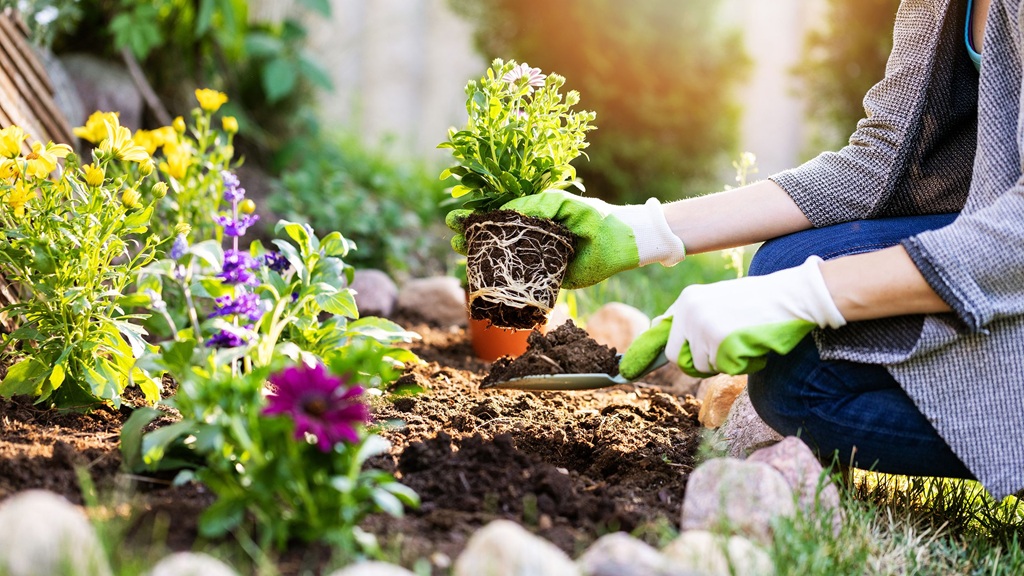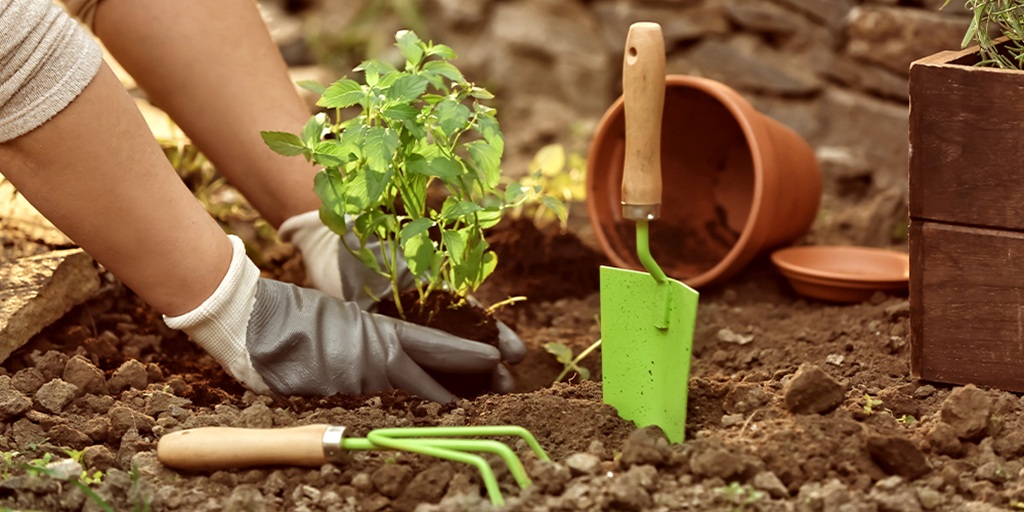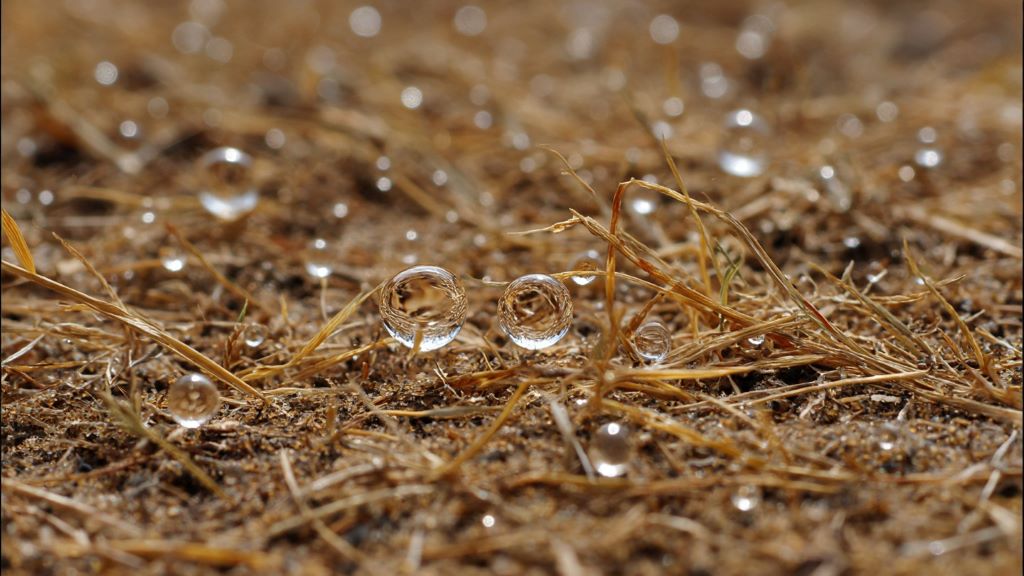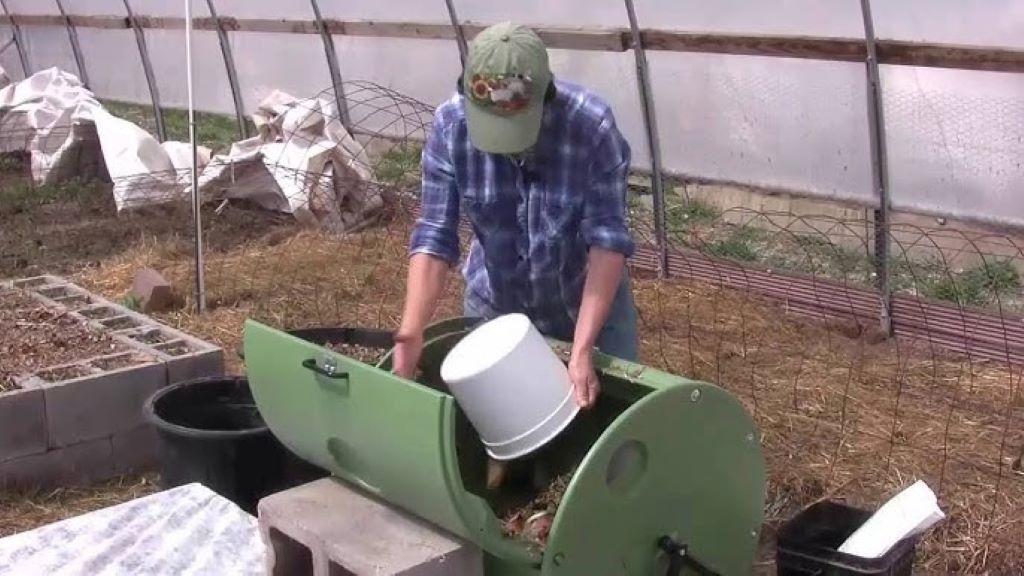Gardening is a journey of learning, a dance with nature where experience is the most patient teacher. While common knowledge can get you started, it’s often those hidden gems, those whispered secrets passed down from seasoned gardeners, that truly elevate your gardening game.
Ready to unearth some hidden wisdom? Here are 10 little-known gardening tips to help you cultivate a thriving oasis:
-
The Power of the Pinch: Pruning for Abundance
Pinching, the simple act of removing the growing tip of a stem might seem counterintuitive. Why snip away new growth? Well, this tiny act encourages your plants to become bushier, resulting in more flowers and a bountiful harvest. Think of it as redirecting the plant’s energy from growing tall to growing full. Basil, tomatoes, and many flowering annuals respond particularly well to this technique.
Pro Tip: Use your thumb and forefinger to pinch just above a set of leaves, encouraging the plant to branch out from that point.
-
Eggshells: Not Just for Breakfast Anymore
Before you toss those eggshells in the compost, consider this: they’re a calcium powerhouse for your garden! Calcium strengthens cell walls in plants, leading to sturdier stems and healthier growth. Crush eggshells into small pieces and sprinkle them around the base of your plants, particularly tomatoes and peppers, which are prone to calcium deficiency.
Pro Tip: Bake eggshells in the oven at a low temperature for a few minutes to sterilize them and make them easier to crush.
-
Aspirin: A Secret Weapon Against Plant Stress
Believe it or not, aspirin, a common household medicine, can help your plants thrive. Aspirin contains salicylic acid, a natural plant hormone that boosts the immune system and helps plants cope with stress from pests, diseases, and even transplant shock. Dissolve one regular aspirin in a gallon of water and use it to water your plants every few weeks.
Pro Tip: This solution can also be used as a foliar spray to protect plants from fungal diseases.
-
Banana Peels: Potassium-Rich Plant Food
Don’t throw away those banana peels! They’re packed with potassium, a vital nutrient that promotes strong root development and overall plant health. Bury chopped banana peels a few inches deep in the soil around your plants, particularly roses and tomatoes, which are heavy potassium feeders.
Pro Tip: You can also make “banana peel tea” by soaking peels in water for a few days and using the liquid to water your plants.
-
Cinnamon: A Natural Fungicide
Cinnamon isn’t just for your favorite baked goods; it’s also a potent natural fungicide. Sprinkle cinnamon powder on the soil around your seedlings to prevent damping-off, a fungal disease that can kill young plants. Cinnamon can also be used to treat powdery mildew and other fungal infections in mature plants.
Pro Tip: Create a cinnamon “tea” by steeping cinnamon sticks in hot water and using it as a soil drench or foliar spray.
-
Coffee Grounds: A Nitrogen Boost for Your Garden
Used coffee grounds are a fantastic source of nitrogen, an essential nutrient for leafy green growth. Mix coffee grounds into your compost or sprinkle them directly on the soil around your plants. They also help improve soil drainage and attract earthworms, nature’s little tillers.
Pro Tip: Don’t overdo it! Too much coffee grounds can make the soil acidic, so use them in moderation.
-
Epsom Salt: Magnesium for Lush Foliage
Epsom salt, rich in magnesium sulfate, can give your plants a boost. Magnesium is crucial for chlorophyll production, leading to lush, green foliage. Dissolve a tablespoon of Epsom salt in a gallon of water and use it to water your plants once a month.
Pro Tip: Roses, tomatoes, and peppers are particularly fond of Epsom salt and will reward you with vibrant growth.
-
Vinegar: A Weed Warrior
Vinegar, a common household staple, can be a surprisingly effective weed killer. The acetic acid in vinegar disrupts the cell membranes of plants, causing them to wither and die. Fill a spray bottle with undiluted white vinegar and target weeds on sunny days for best results.
Pro Tip: Be careful when using vinegar as it can harm your desired plants as well. Apply it directly to the weeds and avoid overspray.
-
Milk Jug Cloches: Mini Greenhouses for Seedlings
Give your seedlings a head start by creating mini greenhouses from recycled milk jugs. Cut the bottom off a jug, remove the cap, and place it over your young plants. This creates a warm, humid environment that promotes faster growth and protects delicate seedlings from harsh weather.
Pro Tip: Remove the jug during the hottest part of the day to prevent your seedlings from overheating.
-
Companion Planting: Nature’s Pest Control
Companion planting, the practice of growing different plants together for mutual benefit, is a time-tested gardening technique. Certain plants can repel pests, attract beneficial insects, or improve the growth of their neighbors. For example, planting marigolds alongside tomatoes can deter nematodes and whiteflies.
Pro Tip: Research companion planting combinations that work best for your specific plants and climate.
Related: When to Plant Peonies: A Seasonal Guide for Gardeners
Reviews: What Gardeners Are Saying
“I was skeptical about using aspirin on my plants, but I’m amazed at the difference! My roses have never looked healthier.” – Maria G., Home Gardener
“The banana peel trick has worked wonders for my tomatoes. They’re producing like crazy!” – John S., Urban Gardener
“I love using coffee grounds in my garden. It’s a great way to recycle and my plants seem to love it!” – Emily L., Sustainable Gardener
Frequently Asked Questions
Q: Can I use any type of vinegar for weed control?
A: White vinegar with at least 5% acetic acid is most effective for weed control.
Q: How often should I apply Epsom salt to my plants?
A: Once a month is generally sufficient for most plants.
Q: What are some good companion planting combinations?
A: Basil and tomatoes, marigolds and vegetables, garlic and roses are a few popular combinations.
Related: Does Peat Moss Lower pH?
Embracing the Unexpected
Gardening is a constant exploration, a dialogue with nature where observation and experimentation are key. These little-known tips offer a glimpse into the vast world of gardening wisdom waiting to be discovered. So, embrace the unexpected, try something new, and watch your garden flourish like never before. Happy gardening!






